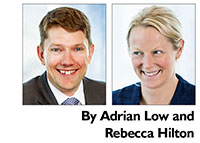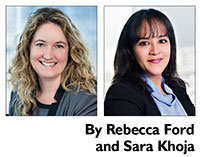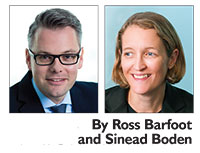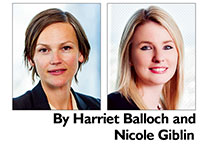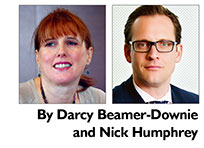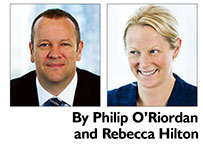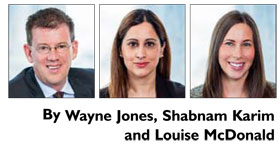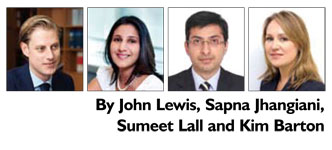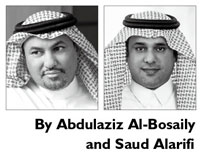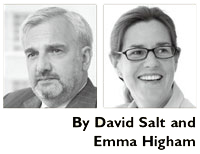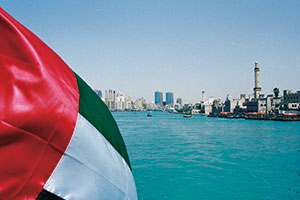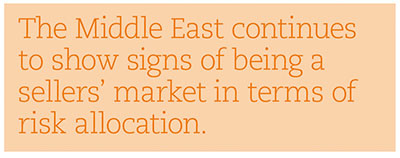 As Qatar’s business sector continues to mobilise itself to achieve the goals of Qatar’s 2030 Vision and in particular to prepare for FIFA 2022, the legal regime applicable to engineering and architectural consultancy services is becoming of particular interest to various stakeholders, both foreign and Qatari. In this article, we explore the interaction between business practice and Engineering Law No. 19 of 2005 as amended by Law No. 12 of 2014 (the Engineering Amendment, together the Engineering Law). One of the key issues which arises in respect of the provision of engineering and architectural services in Qatar relates to the contractual liability which companies may incur for such work and whether such liability will be incurred by all interested parties or limited to a few. Many construction projects in Qatar are tendered in the form of design and build contracts, although in some cases the tender relates to design or construction only. Regardless of whether the tender is design and build or design or construction only, an interesting question arises, in respect of design services, as to whether a company which is not licensed to provide engineering or architectural consultancy services in Qatar, may accept contractual design liability before a client (or conversely, whether a client may enter into a contract assigning such liability to an unlicensed entity). In addition, companies which are not licensed to provide engineering or architectural consultancy services in Qatar are also interested to know whether contributing to the engineering or architectural design and implementation phase(s) of a project (if for example only one member of the consortia of which it is part is licensed to perform such services) is permissible under the Engineering Law. In order to determine whether a party may incur contractual liability or contribute to the design phase(s) of works without an engineering or architectural licence, it is necessary to consider the Engineering Law, the definitions of “engineering profession” and “engineering consultancies” as stated therein and the circumstances and requirements of each construction project on a case-by-case basis. Generally, it would appear that the Engineering Law does not explicitly prohibit taking on contractual or statutory liability for design works even where a company is not licensed to conduct such an activity; however, contributing to the design phases of a project would appear to be practicing an engineering profession or engineering consultancy for which a licence would be required under the Engineering Law (unless exempt by the Minister of the Ministry of Municipality and Urban Planning in accordance with Article 35 of the Engineering Law as amended). We are also aware of the argument that a licence to practice an “engineering profession” is not required in cases where a company is conducting engineering or architectural works for its own benefit as opposed to for a third party. It is important to note that whilst such a distinction may apply in certain limited circumstances, it is difficult to draw a line between conducting works for one’s own benefit and the benefit of a third party. Moreover, in some cases, what was originally envisaged as work for one’s own benefit may be used by another party, and in such case, the issue of licensing requirements will become relevant. Ultimately, whilst a practical interpretation of the Engineering Law is likely to benefit most foreign and Qatari stakeholders contributing to the significant infrastructure development of Qatar, it will be important for all entrants to the market place to consider the provisions of the Engineering Law carefully before finalising its Qatar business strategy. Note: All Qatari laws (save for those issued by, eg the QFC to regulate its own business) are issued in Arabic and there are no official translations; therefore, for purposes of drafting this article Clyde & Co has used its own translation and interpreted the same in the context of Qatari laws, regulation and current market practice. |
Clyde & Co LLP
Qatar Financial Centre, West Bay, Doha, Qatar
PO Box 31453
Tel: (974) 4496 7434 / Fax: (974) 4496 7412
Email: aura.warren@clydeco.com
ramiz.shlah@clydeco.com
Website: www.clydeco.com


